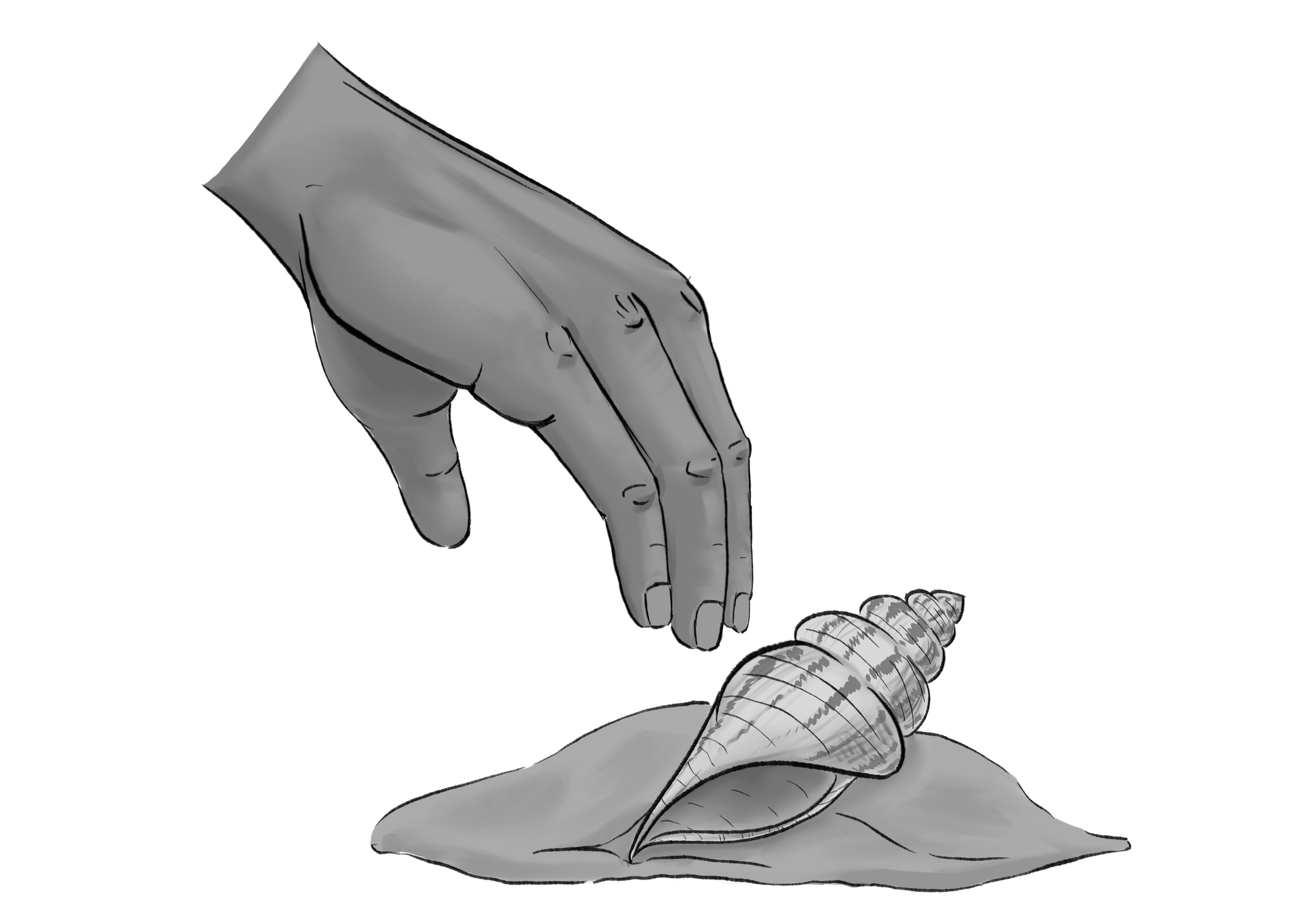As days get longer and brighter, our thoughts turn to summer time: ice cream after sunsets, afternoons lounging at the pool, and of course, days spent walking across the beach, playing in the sand, and tumbling through the waves of the ocean.
It’s natural to want something material to remember our vibrant moments near the water. However, while seashells and sand seem like harmless and thoughtful mementos from the places we visit, there is a significant environmental impact to consider when we take parts of nature away from where they belong. A phrase popularized by the U.S. National Park Service in the 1950s is still relevant to today’s best practices: “take nothing but pictures, leave nothing but footprints.”
In a 2014 article, Jason Goldman, a writer for the Washington Post, pointed out that a decrease in the abundance of seashells harms the local shoreline ecosystem. As shells provide anchors for various aquatic plants and serve as shelters for hermit crabs, taking them from beaches leaves wildlife without resources they need to survive. The seemingly small act of collecting shells on the beach leads to a domino effect of adverse impacts on native coastal populations.
Besides taking photos, there are many objects students can collect on their travels that have the same or more sentimental value than seashells, such as traditional crafts. Taking a trip to Honolulu? Check out stores that sell traditional patterned quilts that carry the story of the island’s long history. If you’re going to Greece, a good option is Komboloi, or in English, “worry beads,” an art that dates back long before the 20th century. By our very own Jersey Shore, you can create both a unique souvenir and lasting memories at Hot Sand, a public glassblowing studio in Asbury Park.
These souvenirs are much more personal than seashells, as they serve to not only educate us on vibrant cultures from the places we visit, but also support businesses keeping thousand-year-old art forms alive. It’s a win-win. Instead of taking away important pieces of marine ecosystems just to have a memento, let’s strive to take souvenirs that both enrich us and the beaches of the local people.
